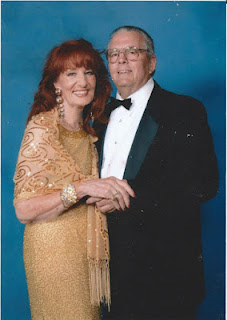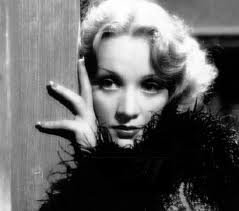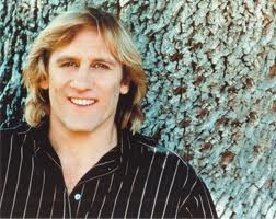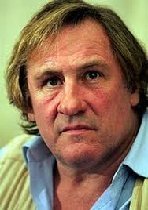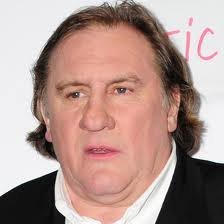
In 1871 Edward H. Johnson, as the assistant to General William J. Palmer, was sent back East to manage the Automatic Telegraph Company. Johnson hired Thomas A. Edison when Edison was 24. Of Edison, Johnson later wrote:
Johnson later was a prominent supporter of Edison, helping him establish his "invention factory" in Menlo Park, New Jersey. Johnson became one of Edison's trusted executives as his inventions and business developed in the 1870s and later.
The first known electrically illuminated Christmas tree was the creation of Edward H. Johnson. While he was Vice-President of the Edison Electric Light Company, he had Christmas tree bulbs especially made for him. He displayed his Christmas tree—hand-wired with 80 red, white, and blue electric light bulbs the size of walnuts—on December 22, 1882, at his home in New York City, 139 E. 36th Street in Murray Hill, Manhattan. The story was reported in the Detroit Post and Tribune by a reporter named William Augustus Croffut. Croffut wrote "Last evening I walked over beyond Fifth Avenue and called at the residence of Edward H. Johnson, vice-president of Edison’s electric company." He lived in one of the first areas of New York City wired for electric service. Edward H. Johnson became known as the Father of Electric Christmas Tree Lights.
From that point on, electrically illuminated Christmas trees, indoors and outdoors, grew with mounting enthusiasm in the United States and elsewhere. In 1895, U.S. President Grover Cleveland sponsored the first electrically lit Christmas tree in the White House. It had more than a hundred multicolored lights. The first commercially produced Christmas tree lamps were manufactured in strings of nine sockets by the Edison General Electric Company of Harrison, New Jersey and advertised in the December 1901 issue of the Ladies' Home Journal. Each socket took a miniature two-candela carbon-filament lamp.
This dish is fancy-looking, crazy simple, and so good you'll be tempted to lick the plate! Our Seared Scallops with Newburg Sauce comes together with a few shortcut ingredients and a lot of flavor. It's the perfect way to serve seafood for a special event, like Christmas Eve, but it's also the perfect anytime meal when you're in the mood for something different!
- 1 (10.5-ounce) can cream of shrimp soup
- 1/2 cup heavy cream
- 1/4 cup dry sherry
- 1/4 teaspoon seafood seasoning
- 2 tablespoons butter
- 12 sea scallops, patted dry
- Salt for sprinkling
- Black pepper for sprinkling
- 2 tablespoons bread crumbs
- 1 teaspoon chopped fresh parsley
- To make Newburg sauce, in a small saucepan over medium heat, combine soup, cream, sherry, and seafood seasoning and cook until heated through, stirring occasionally. Set aside.
- In a large skillet over medium heat, melt butter. Sprinkle scallops with salt and pepper and sauté 3 to 4 minutes per side or until golden and firm in center. Remove to a platter.
- Stir bread crumbs and parsley in skillet until moistened. Top scallops with Newburg sauce and sprinkle with toasted bread crumbs.
- Typically, Americans produce fruitcakes abundant in fruit and nuts
- In America, mail-order fruitcake began in 1913.
- Charities often sell commercial fruitcakes from catalogs as a fundraising event.
- In 1935, the expression “nutty as a fruitcake” was coined. The phrase came about as a result of excess nuts some Southern bakeries added to their fruitcakes due to their access to cheap nuts.
- Most mass-produced fruitcakes in America are alcohol-free.
- Some traditional recipes include liqueurs or brandy. Bakers then complete the fruitcake by covering it with powdered sugar.
- Some fruitcake makers soaked their fruitcakes in brandy-soak linens believing the cakes improve with age.











